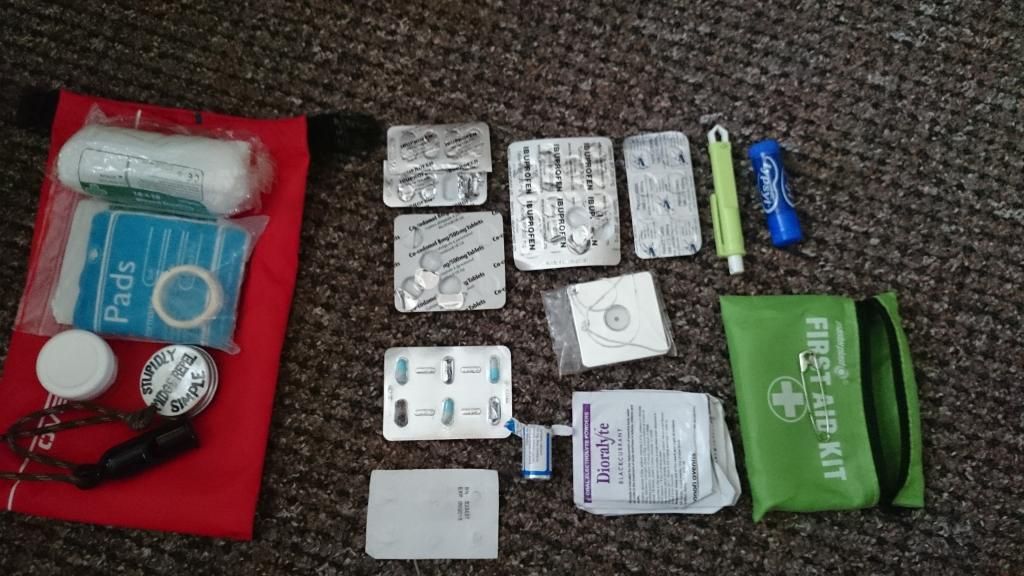So I have plenty of First Aids items , too much in fact , and I tend to struggle with what gets included in the smallest kit to carry on what i would call a 'daily' basis , thats so say to carry for small trips out , casual 'safe' day hikes , dog walking etc etc not expedition or Car Emergency kit.
So what is the input of this community to what to carry?
I've thought in the past its important to carry items to cover the every day basic comforts and a few items to cover a serious life threatening event.
The struggle I find is to balance the kit so thats its small enough to pack and carry but effective enough for its size and weight constraints - I'm not intending to become paranoid enough to carry when just traveling to the shops and back! but a kit small enough to carry when dog walking in new rural areas.
Over to you guys , what would be the 1st Ten items you would want included ( included non-prescription meds ) in a small F-A-K??
So what is the input of this community to what to carry?
I've thought in the past its important to carry items to cover the every day basic comforts and a few items to cover a serious life threatening event.
The struggle I find is to balance the kit so thats its small enough to pack and carry but effective enough for its size and weight constraints - I'm not intending to become paranoid enough to carry when just traveling to the shops and back! but a kit small enough to carry when dog walking in new rural areas.
Over to you guys , what would be the 1st Ten items you would want included ( included non-prescription meds ) in a small F-A-K??

